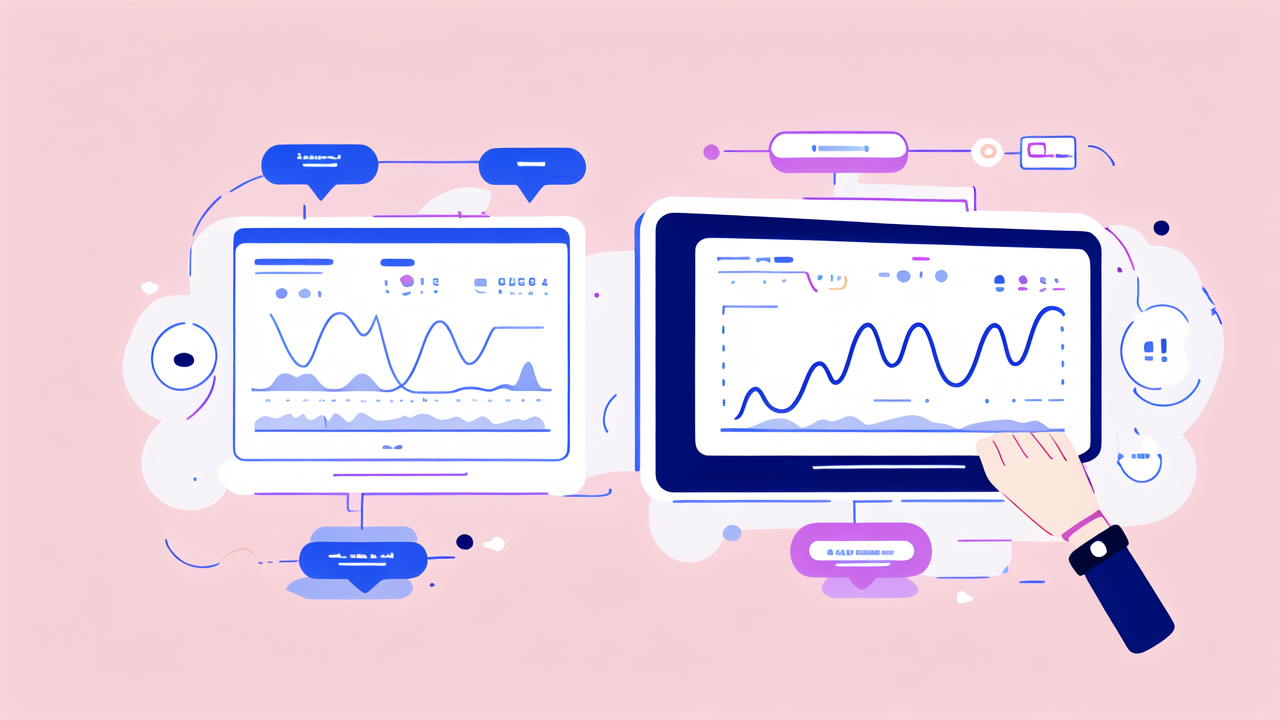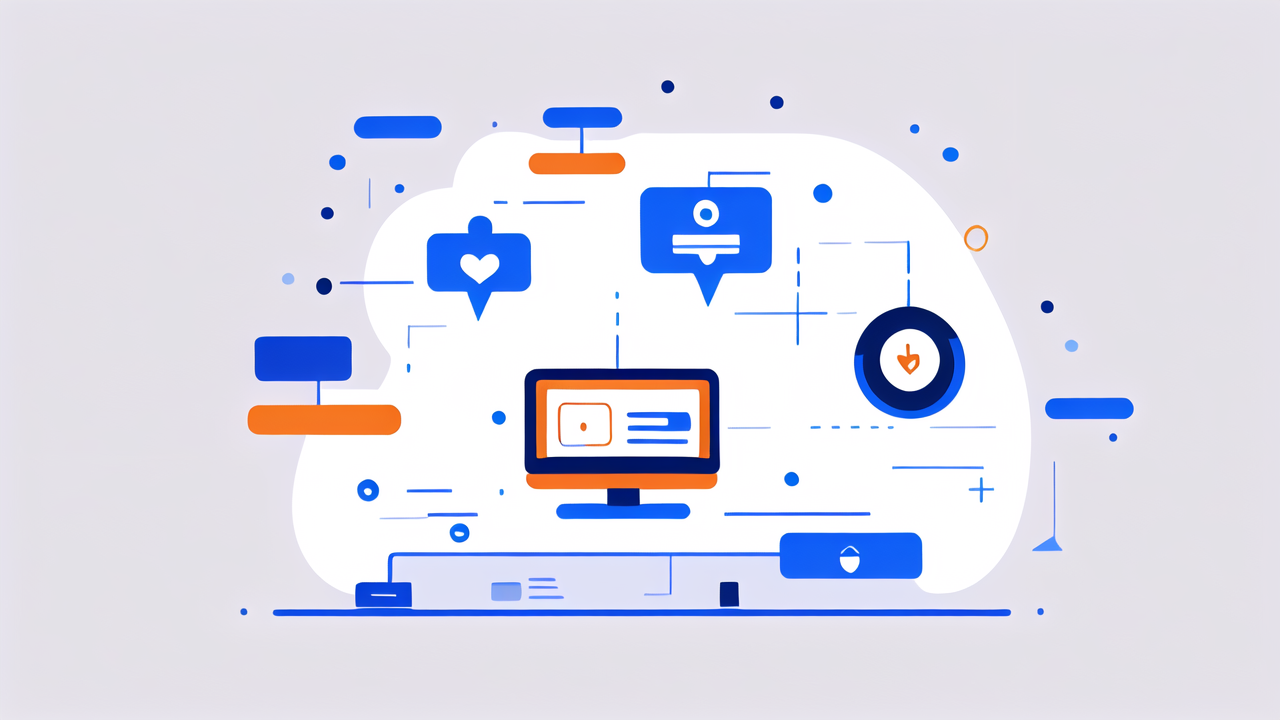Understanding AI Health Integration in Wearable Technology
Exploring the Role of AI in Health and Wellness
AI is changing how we think about health and wellness. Smart watches now use AI to track our health. These devices can monitor heart rate, sleep, and activity levels. AI helps make sense of this data. It can spot patterns and give useful insights.

AI in smart watches can alert users to potential health issues. It can suggest when to see a doctor. Some watches can even detect falls or irregular heartbeats. This technology is making health monitoring more accessible to everyone.
The Evolution of AI in the Healthcare Sector
AI in healthcare has come a long way. It started with simple data analysis. Now, it can help diagnose diseases and suggest treatments. In smart watches, AI has evolved to offer personalized health advice.
The growth of AI in healthcare is rapid. It's improving patient care and outcomes. Smart watches are a key part of this evolution. They bring AI-powered health tools directly to consumers. This shift is making healthcare more proactive and preventive.
Key Players and Innovations in AI Health Watch Integration
Several companies are leading the way in AI health integration for smart watches. Apple's ECG feature can detect atrial fibrillation. Fitbit uses AI to track stress levels and sleep quality. Samsung's watches offer blood pressure monitoring in some regions.
Google's Fitbit acquisition shows the importance of AI in health tracking. They're working on new features like skin temperature sensing. Garmin is using AI to provide advanced fitness insights. These innovations are making smart watches powerful health tools.
Benefits of AI Health Integration for Consumers
Empowering Patients with AI-Powered Health Tools
AI-powered smart watches are giving users more control over their health. They provide real-time data and insights. This information helps people make better health decisions. Users can track their progress and set health goals.

These devices can motivate users to stay active and healthy. They offer personalized tips and reminders. Some watches can even detect stress and suggest relaxation techniques. This empowerment leads to better health awareness and outcomes.
Preventive Healthcare through AI and Smart Watches
Smart watches with AI are changing how we approach healthcare. They focus on prevention rather than just treatment. These devices can spot early signs of health issues. This early detection can lead to timely interventions.
AI can analyze long-term health trends. It can predict potential health risks based on user data. For example, it might notice changes in heart rate patterns. This proactive approach can prevent serious health problems before they develop.
Managing Chronic Conditions with AI Assistance
For people with chronic conditions, AI-powered smart watches are game-changers. They can help monitor symptoms and medication schedules. Some watches can track blood sugar levels for diabetics. Others can monitor heart health for cardiac patients.
AI can learn a user's normal patterns. It can then alert them to any concerning changes. This constant monitoring gives peace of mind to patients and their doctors. It also allows for more timely and effective treatment adjustments.
Challenges and Considerations in AI Health Integration
Navigating Regulatory Landscapes for AI in Healthcare
The use of AI in healthcare devices faces regulatory challenges. Different countries have different rules. Companies must ensure their AI health features meet these regulations. This can be complex and time-consuming.

Regulators are working to keep up with rapid AI advancements. They need to balance innovation with safety. Smart watch makers must prove their AI health features are accurate and safe. This process can slow down the release of new features.
Balancing Privacy and Personal Data with AI Services
Privacy is a major concern with AI-powered health devices. Smart watches collect sensitive health data. Users want to know their information is secure. Companies must be transparent about how they use and protect this data.
There's a balance between providing personalized health insights and protecting privacy. Users need to trust that their data won't be misused. Companies are working on ways to use AI without compromising user privacy. This includes using local processing and anonymized data.
Ensuring Accuracy and Reliability in AI Health Applications
Accuracy is crucial in health-related AI applications. False alarms can cause unnecessary stress. Missed warning signs can be dangerous. Companies must rigorously test their AI algorithms. They need to ensure they work for diverse populations.
AI models need constant updating to stay accurate. They must adapt to new health research and user feedback. Companies also need to educate users about the limitations of AI health features. These devices are tools to support health, not replace medical professionals.
In conclusion, AI health integration in smart watches is a rapidly evolving field. It offers many benefits but also faces challenges. As technology improves, these devices will play an increasingly important role in personal health management. The key is balancing innovation with privacy, accuracy, and regulatory compliance.




Leave a comment
This site is protected by hCaptcha and the hCaptcha Privacy Policy and Terms of Service apply.